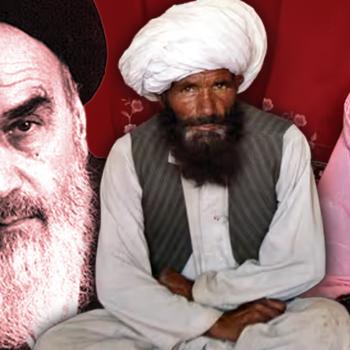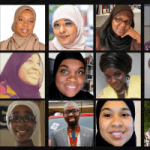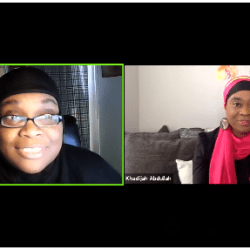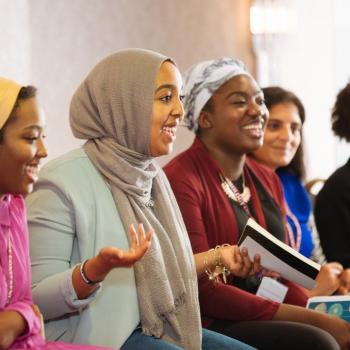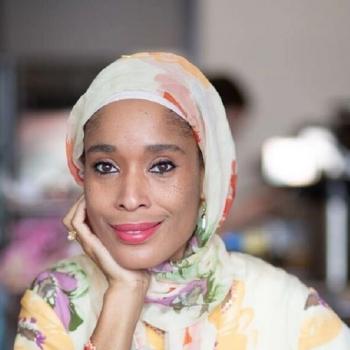Margari Aziza – Radical Empathy
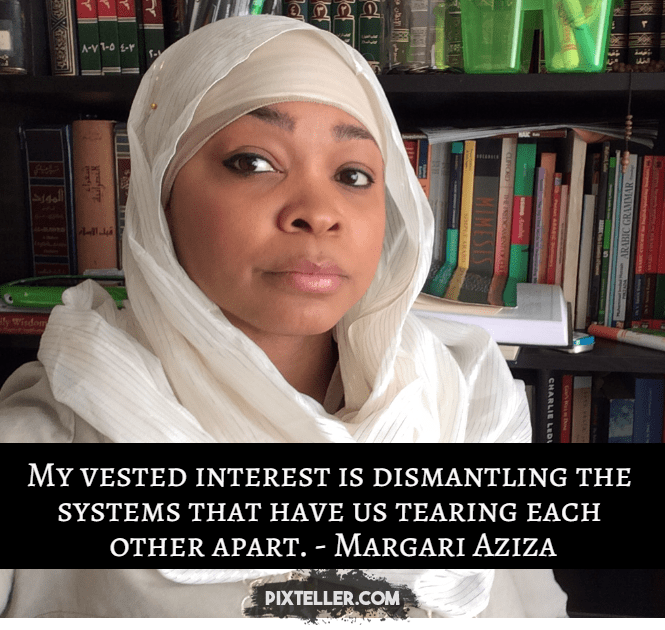
A number of Black Muslims wrestle with solidarity for the immigrant rights movement. We feel pain and resentment from experiences of anti-Blackness from non-Black People of Color. In truth, Muslims Americans from South Asian, Africa, and the Middle East haven’t joined their struggle with Latino immigrant rights issue or Undocumented and Unafraid. When we talk about #NoBanNoWall, we are connecting the ban on Muslims with the plight of migrants from Central America fleeing violence. We need to understand that the root cause of all of our collective suffering is White supremacy, a system that pits people against each other to protect the wealthy. People have to work on self-healing and tearing down walls as we build community. Our work as Muslims is to uproot arrogance, indifference, and despair to build our ummah. We should take our rightful role as helpers (Ansar) in this country and help the immigrants (Muhajirun) and be examples for building a multiracial society.
All of us should be wary about complacency or retreat into our enclaves. We do things because they are the right thing to do, as people of Faith, not because we expect everyone in the community we seek to demonstrate solidarity will honor us for our role in our collective liberation. We stand for justice not as quid pro quo; We stand for justice to please Allah, even if it is against our kin. In truth, many of the people advocating for harmful policies are our kin. Many don’t understand the key role Black Americans played in opening doors for them.
We can advocate for immigrant rights in a way that doesn’t erase Native Americans and isn’t anti-Black. We can also support immigrant rights by linking with our brothers and sisters in the African Diaspora who are disproportionately affected by deportation. Black Muslim immigrants have intersecting oppressions and are the most vulnerable amongst us. They should be centered in these discussions. At the end of the day, we have to ask ourselves: Is our movement limited to being comfortable or to create a just society? If we are truly empathetic people and understand what it is like to be under the boot of an unjust system, we should not be satisfied with just attaining our seat at the table. We should be thinking about creating a new experience where everyone is welcome.



